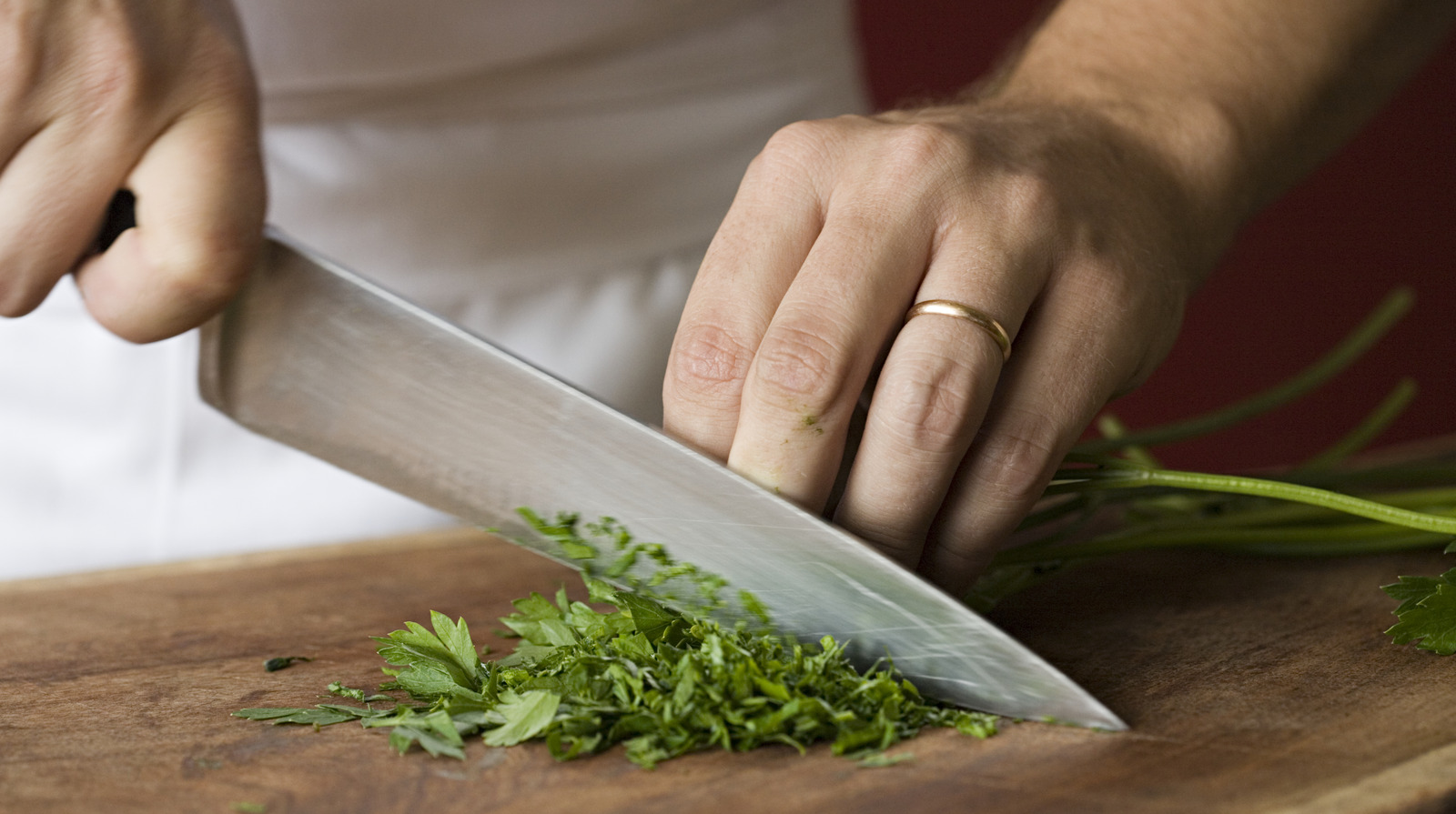Why Is My Cutting Board Splintering and How to Prevent It
Written By James Morgan
If you are passionate about barbecuing, then you know the importance of having durable and reliable kitchen tools. Your cutting board is one of those indispensable tools, and one of the most frustrating issues BBQ enthusiasts face is when their cutting board starts to splinter. **Why is my cutting board splintering**? This question lingers in the minds of many who experience this annoying problem. In this article, we will delve deep into understanding why cutting boards splinter and how to prevent it.

Understanding the Materials: Wood vs. Plastic
The material of your cutting board can significantly affect its durability. **Wood cutting boards** are generally favored due to their aesthetically pleasing look and gentle touch on knives. However, they can be more prone to splintering if not cared for properly.
Characteristics of Wood Cutting Boards
Wood cutting boards come in various types like bamboo, maple, and walnut. Each wood type has its own advantages and disadvantages, but they all require certain care techniques to remain intact.
Characteristics of Plastic Cutting Boards
**Plastic cutting boards** are usually less prone to splintering, but they can suffer from deep cuts and scratches over time, which can harbor bacteria. For barbecue lovers, the choice between wood and plastic can drastically impact your food prep experience.
Maintaining Wood Cutting Boards
Proper maintenance is crucial to prevent your wood **cutting board** from splintering. Read our tips on 'How to make a round cutting board' for advice on maintaining and extending the life of your wooden boards.
:max_bytes(150000):strip_icc()/prevent-cutting-board-slipping-1123-c9837c7f958745b792c2b115c7d7bccd.jpg)
Common Causes of Splintering
Here are the typical reasons why your cutting board may begin to splinter:
Improper Cleaning
The way you clean your cutting board can contribute significantly to its longevity. Using harsh chemicals or soaking your wooden board in water can cause the wood fibers to swell and ultimately splinter. Check our detailed guide on How to remove cut marks from a cutting board.
Lack of Oil and Conditioning
Wooden cutting boards need to be oiled regularly to maintain their structure. Lack of oiling can cause the wood to dry out, making it more susceptible to splintering.
Excessive Force and Impact
Using too much force when chopping can also cause your cutting board to splinter over time. Look for our expert tips in 'How to make a cutting board table top'.

Preventative Measures
Preventing your cutting board from splintering is easier than you might think. Here are some actionable steps:
Regular Oiling
Oiling your wooden cutting board every few weeks can keep the wood fibers in good condition, preventing them from drying out and splitting.
Proper Cleaning Techniques
Avoid using harsh chemicals. Instead, use mild soap and warm water for cleaning. Rinse thoroughly and dry immediately.
Knife Technique
Use techniques that minimize force, such as the rocking motion when chopping herbs or vegetables.

When to Replace Your Cutting Board
There comes a point when, despite your best efforts, a cutting board may be too far gone. Knowing when to replace your cutting board can save you a lot of headaches and ensure your food remains safe and hygienic.
If you find your cutting board has numerous deep cuts and splinters despite regular maintenance, it might be time for a new one. For the DIY enthusiasts among our readers, check out 'What kind of glue for a cutting board'.
Best Practices for Long-Lasting Cutting Boards
With proper care, your cutting board can last for many years. Here are some best practices to follow:
Dedicated Board for Specific Tasks
Using separate cutting boards for meat and vegetables can prevent cross-contamination and extend the life of your boards.
Regular Inspection
Inspect your cutting board regularly for signs of splintering or wear. Early detection can help you take preventative measures before the damage becomes irreversible.
Conclusion
Your cutting board is a crucial part of your BBQ toolkit, and understanding why your cutting board is splintering will help you take the necessary steps to prevent it. From proper cleaning and oiling to adopting better cutting techniques, there are several strategies you can implement to keep your cutting board in top condition.
For more detailed tips and tricks, don't miss out on 'Tips and Tricks Around the Cutting Board'.
FAQ Section
How often should I oil my cutting board?
It's recommended to oil your cutting board every 3-4 weeks to maintain its integrity.
Can I use olive oil for oiling my cutting board?
It's best to use mineral oil or a specially designed cutting board oil. Olive oil can go rancid and compromise the board's surface.
As an Amazon Associate, I earn from qualifying purchases.
Is my cutting board dishwasher safe?
Wooden cutting boards are generally not dishwasher-safe. The heat and water can cause warping and splintering. Stick to hand washing with warm water and mild soap.



